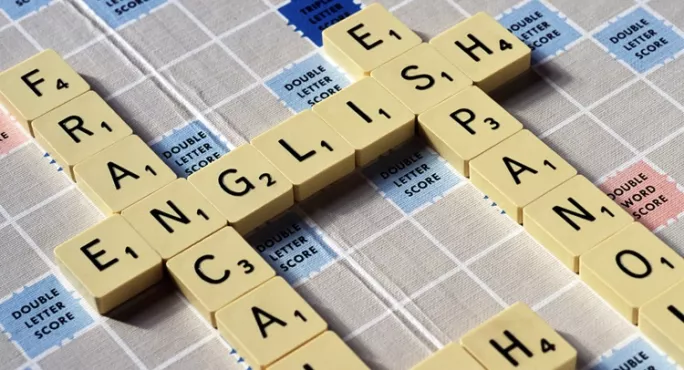- Home
- Ojalá and Adiós: Why students should embrace foreign languages
Ojalá and Adiós: Why students should embrace foreign languages

“Why bother?” they ask. “Everyone speaks English anyway.” Or worse still: “What’s the point? I’m never going to go to France/Germany/Spain/Mexico.”
There isn’t a language teacher in the land who hasn’t been confronted with these stubborn questions, usually at some critical transitional moment when whichever child it is has started taking too much notice of his or her parents. Younger children tend to be more open-minded and inclusive.
It’s a gift actually: an open door to serious discussion. And the great thing is, there are so many compelling answers.
I was reminded of this recently when reading a brilliant article in the Washington Post by academic Caitlin Kindervatter-Clark (’“Allahu akbar” isn’t a scary phrase, but terrorism has warped the way we hear Arabic”), in which she recounts her gradual familiarization with everyday Arabic through teaching English writing to students from Saudi Arabia. She learns how “hamas” (not “Hamas” - which my computer just autocorrected to by default) means “enthusiasm” and is an exclamation corresponding to “cool” or “awesome”. And how “Inshallah” equates to our everyday “God willing” or the more secular “hopefully”.
I remember how pleased I was as a student to discover the equivalent Spanish expression, “ojalá”, which seemed so expressive and added real authenticity to my own conversation in the language. It was only later that I realised it contains the Spanish transliteration of Allah (Alá) and derives directly from the Arabic. This secret history of the word increased its appeal. But I liked even more that it existed alongside “adiós”, the explicitly Christian farewell that bids you to “go” or “be” with God on parting.
These two words alone - just five syllables in total - are a gateway into Spanish (and in some ways world) history. Children are amazed to learn about the eight centuries of Arab “occupation” from 711 onwards, that Gibraltar means “Tariq’s Rock” and was named after the leader of the first invasion, and that the citadel of Granada, in Al-Andalus in Spain was once regarded as the capital of the Moorish empire. They are fascinated by the City of the Three Cultures, where Christians, Muslims and Jews coexisted in relative peace until the late 11th century, when Toledo fell to Alfonso VI of Castile as the first major step in the Catholic Reconquest. And they are perturbed, then, to read about the formal expulsion of both Arabs and Jews from the Iberian peninsula on the very day in 1492 that Columbus set sail for the Americas, ushering in the aggressive rule of the conquistadors and marking what historians define as the beginning of the modern world.
Languages reflect our identity and narrate our stories. The continuing harmonious use of both “ojalá” and “adiós” in Spanish demonstrates plainly that Spanish identity is not simple and singular but composite. Hence the prevalence of the more accommodating term “Hispanic”. And as other languages distance us from ourselves, and help us gain a more nuanced sense of perspective, so our pupils are enabled to infer similar truths about their own culture and identity.
A recent article on the future of language in the New Scientist argues that English speakers cannot afford to rest on their laurels, safe in the glib assumption that it is only a matter of time before English takes over the world. This is not least because the more English spreads, the more it also diversifies, as it adapts to the needs, history and identity of those who use it. And once English becomes in some way the norm, the phrase “native speakers”, with its connotation of exclusivity, becomes correspondingly less meaningful. When English is dominant, it is no longer English (as we know it), but a bundle of “similects” that require multilingual agility and awareness to negotiate.
So here’s one serious answer to the challenging questions that might be posed by your more skeptical pupils: by learning another language you are better placed to understand not only others, but yourself as well.
Dr Heather Martin is a languages specialist and tweets @drheathermartin.
Want to keep up with the latest education news and opinion? Follow TES USA on Twitter and like TES USA on Facebook.
Keep reading for just £1 per month
You've reached your limit of free articles this month. Subscribe for £1 per month for three months and get:
- Unlimited access to all Tes magazine content
- Exclusive subscriber-only stories
- Award-winning email newsletters



